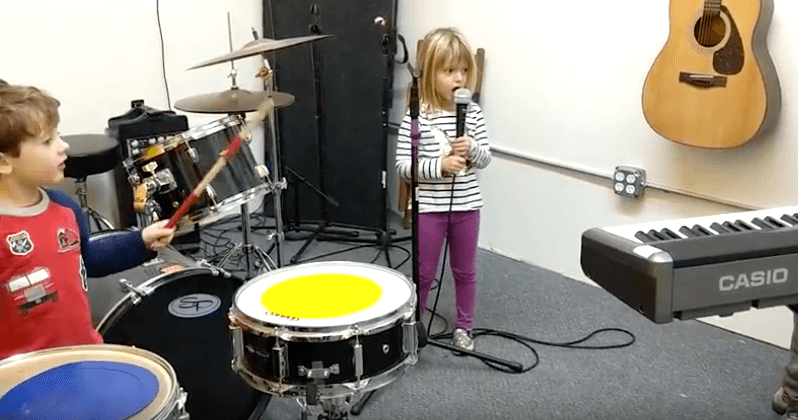The Best Age to Start Taking Guitar Lessons
One of the most common questions parents and students ask is whether there is a “best” age to start taking guitar lessons. The truth is that guitar is a flexible and accessible instrument, making it suitable for learners at many different stages of life. While age can influence how lessons are approached, it does not determine success.
The most important factors in learning guitar are interest, consistency, and a supportive learning environment.
Starting Guitar Lessons at a Young Age
Many children are introduced to guitar during early elementary years. At this stage, lessons focus on basic technique, rhythm, and listening skills rather than speed or complexity.
Younger students benefit from playful learning and short, focused practice sessions. Developing coordination and musical awareness early can provide a strong foundation, but progress depends more on engagement than age alone.
Guitar Lessons for School-Age Children
School-age children often have the physical strength and attention span needed to begin structured guitar lessons. At this age, students can follow instructions more easily and start learning chords, melodies, and simple songs.
This stage allows students to build discipline and confidence while developing fine motor skills. With consistent practice, children can experience steady progress and enjoyment.
Learning Guitar as a Teenager
Teenagers often bring strong motivation and musical preferences to guitar lessons. Many are inspired by the music they listen to and want to learn songs they recognize and enjoy.
At this age, students can absorb musical concepts quickly and understand how practice leads to improvement. Guitar lessons can also serve as a creative outlet and a confidence booster during an important stage of personal development.
Starting Guitar Lessons as an Adult
Adults frequently worry that they may be “too late” to start learning guitar, but this concern is unfounded. Adults often make excellent students because they choose to learn intentionally and understand the value of consistent effort.
Learning guitar as an adult supports mental focus, stress relief, and creative expression. Progress may feel different than it does for children, but it is no less meaningful or rewarding.
Physical Readiness and Guitar Learning
Physical comfort plays a role in guitar learning, particularly for younger students. Hand size, finger strength, and coordination can affect how easily certain techniques are learned.
However, modern teaching approaches and appropriately sized instruments help students of all ages play comfortably. Physical readiness should guide lesson pacing, not limit opportunity.
Emotional Readiness and Motivation
Emotional readiness is often more important than physical age. Students who are curious, patient, and willing to practice tend to progress more consistently.
Motivation drives learning. When students enjoy the process and feel supported, they are more likely to stay engaged and reach their goals.
There Is No Single “Best” Age to Learn Guitar
While different ages bring different advantages, no age guarantees success. Children benefit from early exposure, teens bring energy and inspiration, and adults offer focus and commitment.
The best time to start guitar lessons is when a student feels interested and ready to learn.
Final Thoughts
The best age to start taking guitar lessons depends less on a number and more on mindset. Guitar is a lifelong skill that can be learned and enjoyed at any stage of life.
Whether starting as a child, teen, or adult, learning guitar offers creativity, confidence, and personal fulfillment that lasts well beyond the first lesson.




